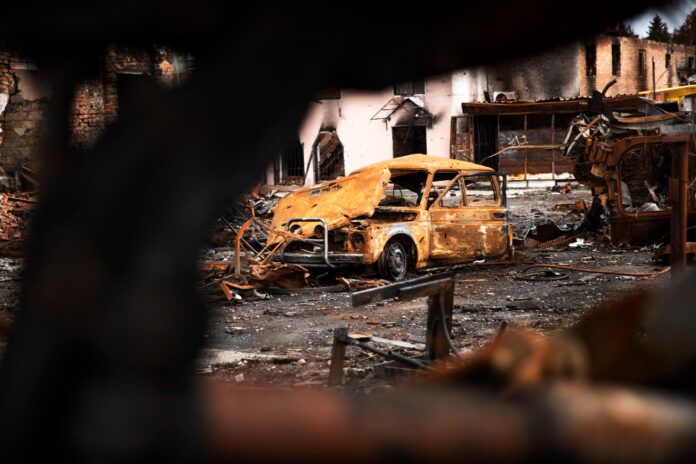Biden conveys heartbreak to World Central Kitchen’s José Andrés, as the U.S. decries the loss of aid workers.
The White House has voiced strong condemnation following the death of seven World Central Kitchen aid workers in Gaza, due to an Israeli Defense Forces (IDF) strike. This incident has sparked widespread outrage, with officials labelling the act as unacceptable. In a heartfelt move, President Joe Biden reached out to World Central Kitchen’s founder, José Andrés, expressing deep sorrow over the tragic loss.
At a press briefing, White House press secretary Karine Jean-Pierre and National Security Council spokesman John Kirby underscored the administration’s dismay. They highlighted the critical role of humanitarian workers in conflict zones. The IDF has termed the strike as unintentional, promising a thorough investigation. However, this assurance does little to mitigate the growing concerns over the safety of aid workers in Gaza.
The attack on World Central Kitchen’s team, reported to have been in clearly marked vehicles, underscores the perilous conditions faced by humanitarian missions. The incident has led to a temporary pause in the charity’s operations in Gaza. The backdrop of this tragedy is a dire humanitarian crisis in the region, with reports warning of imminent famine in northern Gaza.
Kirby emphasized the expectation for a comprehensive IDF investigation into the strike, stressing the importance of accountability and transparency. The U.S.’s condemnation reflects a broader critique of the IDF’s engagement strategies and the need for improved protective measures for civilians and aid workers. Despite some calls for reevaluating U.S. military aid to Israel, Kirby reiterated America’s commitment to Israel’s defence, while advocating for more cautious and precise military conduct.
This tragic event not only mourns the loss of humanitarian workers, including individuals from the U.S., Canada, Australia, Poland, the UK, and Palestine, but also highlights the challenges of providing aid in Gaza. The U.S. stance signals a delicate balance between supporting Israel’s security and ensuring the protection of humanitarian efforts in conflict-ridden areas.
